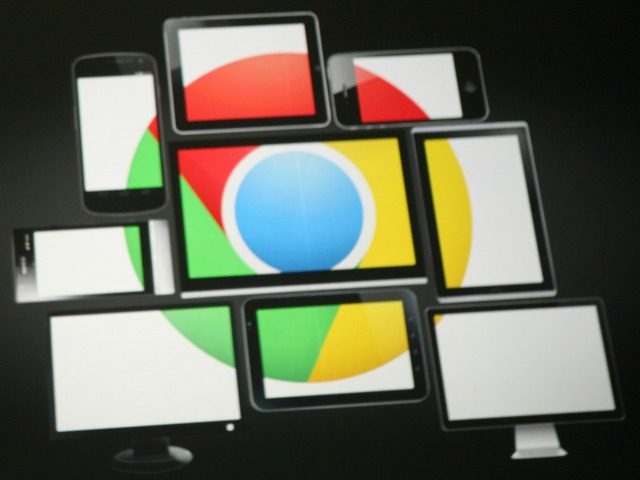Google Chrome will be receiving an ad-blocking update on Thursday.
The Verge reports that Google plans to introduce a new update to their Chrome web browser tomorrow that will include a native ad-blocking feature, designed to remove some advertisements on the internet. The new ad-blocker will not disable all advertisements, only the ones that violate the guidelines set out by the Coalition for Better Ads which seeks to stop intrusive ads on the internet. This includes full-page ads that take over web browser screens, ads with that automatically play sound and video, and ads with flashing imagery.
Google published a blog post explaining which ads the new filter will block and how website owners are alerted to how the filter will affect their website. The ad-blocking feature will work on both the desktop version of Chrome as well as the mobile version. The desktop ad-block filter will focus on pop-up ads, large page-filling ads, auto-play video ads and ads with a countdown timer preventing users from accessing a website. On mobile, the filter will focus on similar ads as well as fullscreen scroll over ads, ads that are extremely dense and flashing animated ads.
Chris Bentzel, Chrome engineering manager, explains that, “The majority of problematic ad experiences are controlled by the site owner.” Bentzel continues, “This result led to the approach Chrome takes to protect users from many of the intrusive ad experiences identified by the Better Ads Standards: evaluate how well sites comply with the Better Ads Standards, inform sites of any issues encountered, provide the opportunity for sites to address identified issues, and remove ads from sites that continue to maintain a problematic ads experience.”
The new filter will analyze websites based on the Better Ads guidelines and notify site owners if they fail to meet the filters standards before blocking ads on the site for 30 days. A small ad block icon will appear in the address bar on the desktop version of the filter while on the mobile version, a small overlay at the bottom of the screen will be displayed. Google said the aim of the filter is to improve advertisements on the web in general, so far 42 percent of sites that failed the Better Ads guidelines have fixed issues on their website.
Although Google and mainstream media sources like CNBC are downplaying negative effects from the new ad-blocker on websites, it has the potential to devastate organizations large and small that rely on web advertising for their revenue.
Lucas Nolan is a reporter for Breitbart News covering issues of free speech and online censorship. Follow him on Twitter @LucasNolan_ or email him at lnolan@breitbart.com

COMMENTS
Please let us know if you're having issues with commenting.